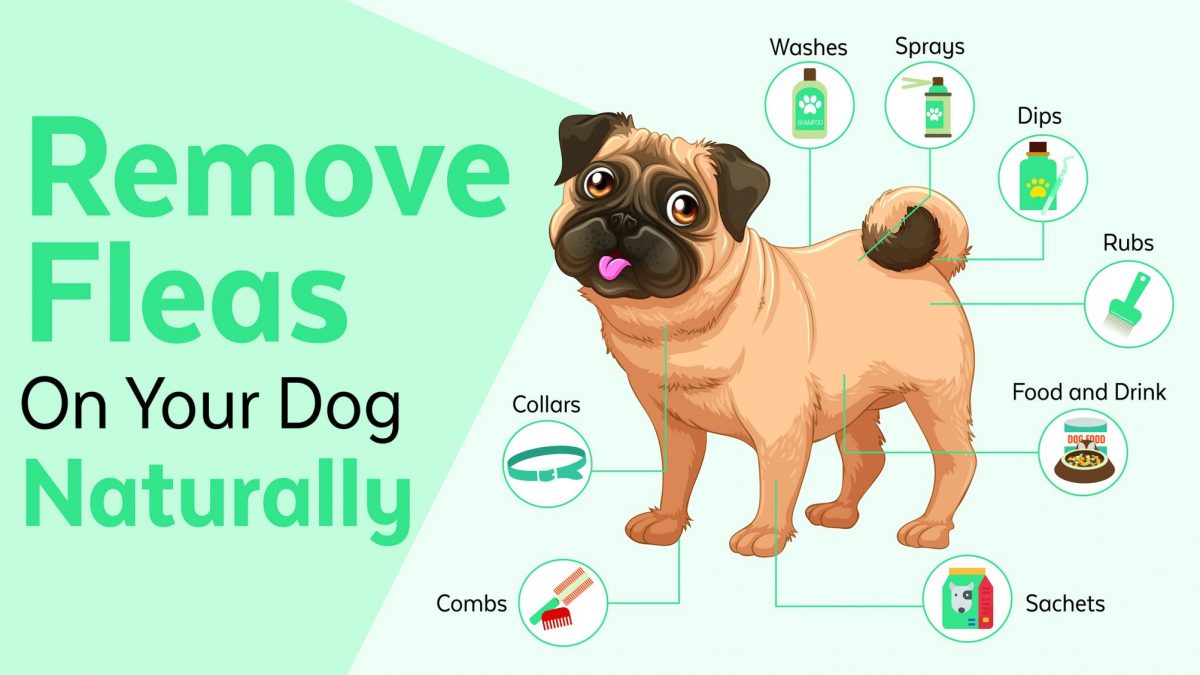Removing Fleas from Your Dog: A Comprehensive Guide

Fleas can be a nuisance for both dogs and their owners, causing discomfort and leading to potential health issues. Understanding how to effectively remove fleas from your dog and prevent future infestations is essential for their well-being. Here’s a step-by-step guide to help you tackle this common problem.
Understanding Fleas
Fleas are small, wingless insects that feed on the blood of mammals, including dogs. They can cause itching, irritation, and even transmit diseases. Recognizing the signs of a flea infestation early can help you take prompt action.
Signs of a Flea Infestation
- Excessive Scratching: If your dog is scratching, biting, or licking excessively, it could indicate a flea problem.
- Flea Dirt: Look for tiny black specks in your dog’s fur, which are flea droppings. You can test for flea dirt by placing it on a damp paper towel; if it turns red, it’s likely flea feces.
- Hair Loss or Skin Irritation: Fleas can cause hair loss, hot spots, or inflamed skin due to scratching and biting.
Steps to Remove Fleas from Your Dog
- Bathe Your Dog:
- Use a flea shampoo specifically designed for dogs. Follow the instructions on the label for the best results. Bathe your dog to help remove fleas and soothe irritated skin.
- Rinse thoroughly to ensure all shampoo is removed, as leftover product can irritate the skin.
- Use a Flea Comb:
- After bathing, use a fine-toothed flea comb to remove any remaining fleas and their eggs from your dog’s fur. Focus on areas where fleas tend to hide, such as behind the ears, under the legs, and at the base of the tail.
- Dip the comb in soapy water to trap and kill any fleas you remove.
- Apply Flea Treatments:
- Consider topical treatments, oral medications, or flea collars recommended by your veterinarian. These products can help kill fleas and prevent future infestations. Always follow your vet’s guidance on appropriate products and dosages.
- Wash Bedding and Toys:
- Wash your dog’s bedding, blankets, and any toys they frequently use in hot water to kill fleas and their eggs. Dry them on high heat to ensure all pests are eliminated.
- Treat Your Home:
- Vacuum your home thoroughly, especially carpets, rugs, and upholstered furniture. Dispose of the vacuum bag or empty the canister outside to prevent fleas from re-entering your home.
- Consider using flea sprays or powders specifically designed for home use, focusing on areas where your dog spends time.
Preventing Future Flea Infestations
- Regular Flea Treatment:
- Maintain a regular flea prevention regimen throughout the year, even in colder months. This may include topical treatments, oral medications, or flea collars.
- Maintain a Clean Environment:
- Regularly vacuum and wash your dog’s bedding to minimize flea populations. Keeping your home clean reduces the likelihood of infestations.
- Outdoor Control:
- If your dog spends time outdoors, keep your yard tidy by mowing the grass and removing debris where fleas can thrive. Consider using outdoor flea control products as needed.
- Regular Vet Visits:
- Schedule regular veterinary check-ups to monitor your dog’s health and ensure they remain flea-free. Your vet can recommend effective flea prevention products based on your dog’s specific needs.
Conclusion
Removing fleas from your dog requires diligence and a multi-faceted approach. By bathing your dog, using a flea comb, applying appropriate treatments, and maintaining a clean environment, you can effectively eliminate fleas and prevent future infestations. Regular preventive care and veterinary guidance are key to keeping your dog healthy and comfortable. Remember, prompt action is essential to ensure your furry friend remains flea-free and happy!



